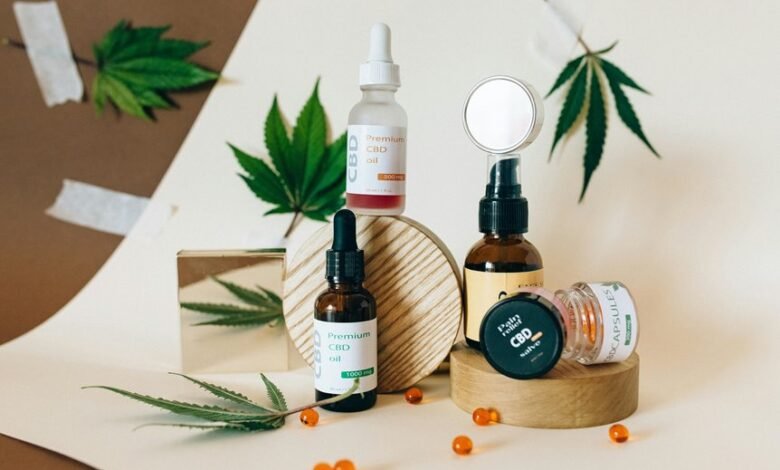Cbd What Does It Stand for

CBD, or cannabidiol, is a compound derived from the cannabis plant. Unlike THC, it does not induce a psychoactive effect. Its growing popularity stems from potential therapeutic benefits, including anxiety relief and pain management. As interest in natural wellness solutions rises, understanding CBD's properties becomes essential. What sets it apart from THC, and how might it contribute to overall health? Exploring these questions reveals much about this increasingly relevant compound.
Understanding Cannabidiol: The Basics of CBD
Cannabidiol, commonly known as CBD, is a naturally occurring compound found in the cannabis plant. Its origins trace back thousands of years, utilized in various cultures for its therapeutic properties.
The legality of CBD varies globally, influenced by regulations surrounding cannabis. As interest grows, individuals seek to understand CBD's potential benefits while navigating the complex legal landscape surrounding its use and availability.
The Difference Between CBD and THC
While exploring the therapeutic properties of CBD, it is important to understand its relationship with another prominent compound found in cannabis: THC, or tetrahydrocannabinol.
CBD effects are non-psychoactive, offering potential relief without the high associated with THC. This distinction highlights the varying THC legality across regions, as THC remains restricted in many areas, while CBD enjoys broader acceptance.
Potential Health Benefits of CBD
As research continues to unfold, the potential health benefits of CBD have garnered significant attention in both the medical community and among consumers.
CBD effects may include relief from anxiety, chronic pain, and inflammation. Its therapeutic uses are being explored in various conditions, providing a promising alternative for those seeking natural remedies.
This evolving field highlights the importance of understanding CBD's role in overall wellness.
How to Use CBD Safely and Effectively
Understanding the potential health benefits of CBD is only part of the equation; knowing how to use it safely and effectively is equally important.
Following dosing guidelines is crucial for achieving desired effects without adverse reactions. Additionally, product selection should prioritize quality and transparency, ensuring consumers choose reliable brands.
This approach empowers individuals to enjoy the benefits of CBD while minimizing risks.
Conclusion
In summary, CBD, or cannabidiol, represents a promising avenue for those seeking natural relief from various ailments without the psychoactive effects of THC. As research continues to unfold, the potential health benefits of CBD shine like a beacon of hope in the wellness landscape. However, users must prioritize safety and effectiveness in their approach. By understanding its nuances, individuals can harness the power of CBD to enhance their quality of life responsibly.






